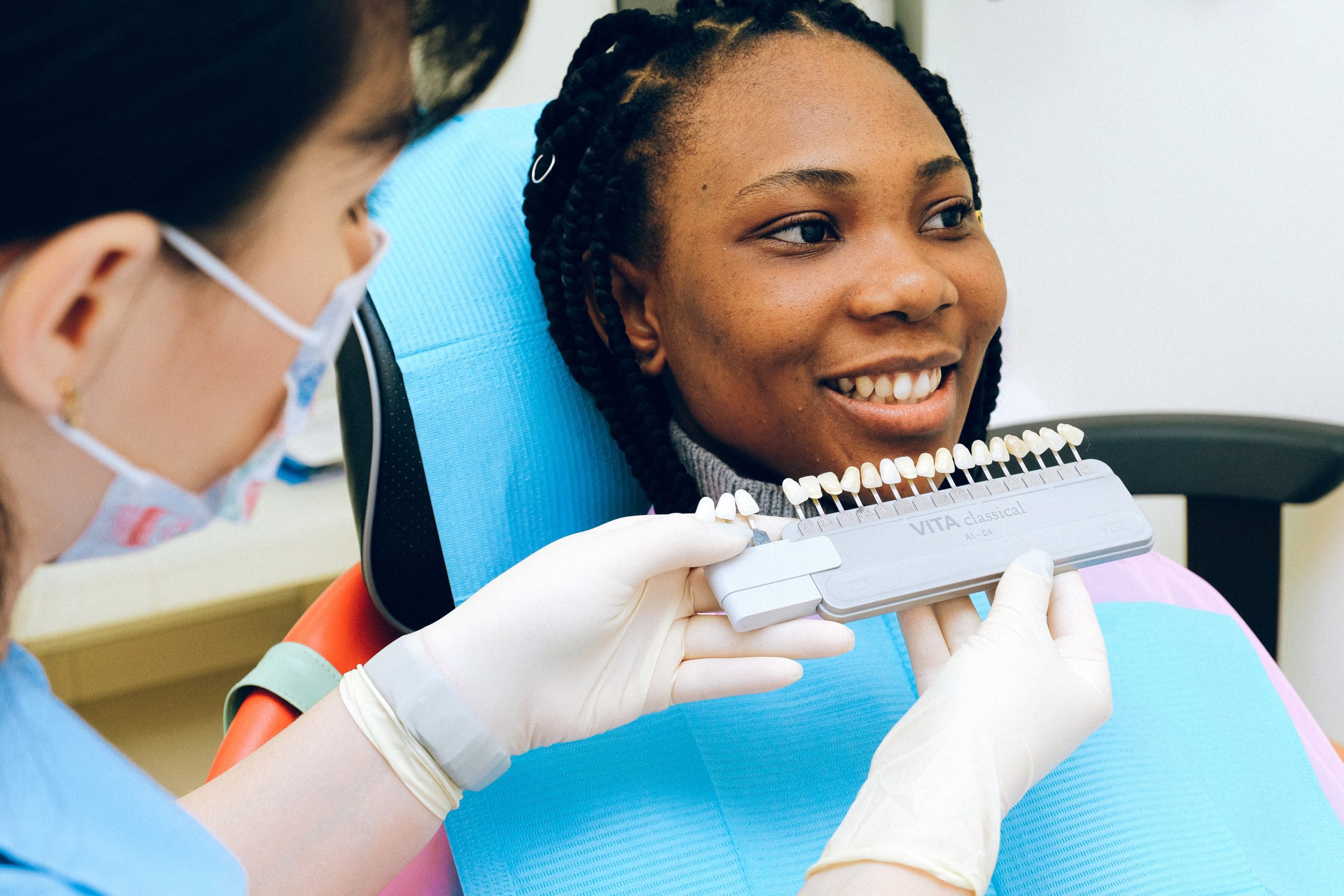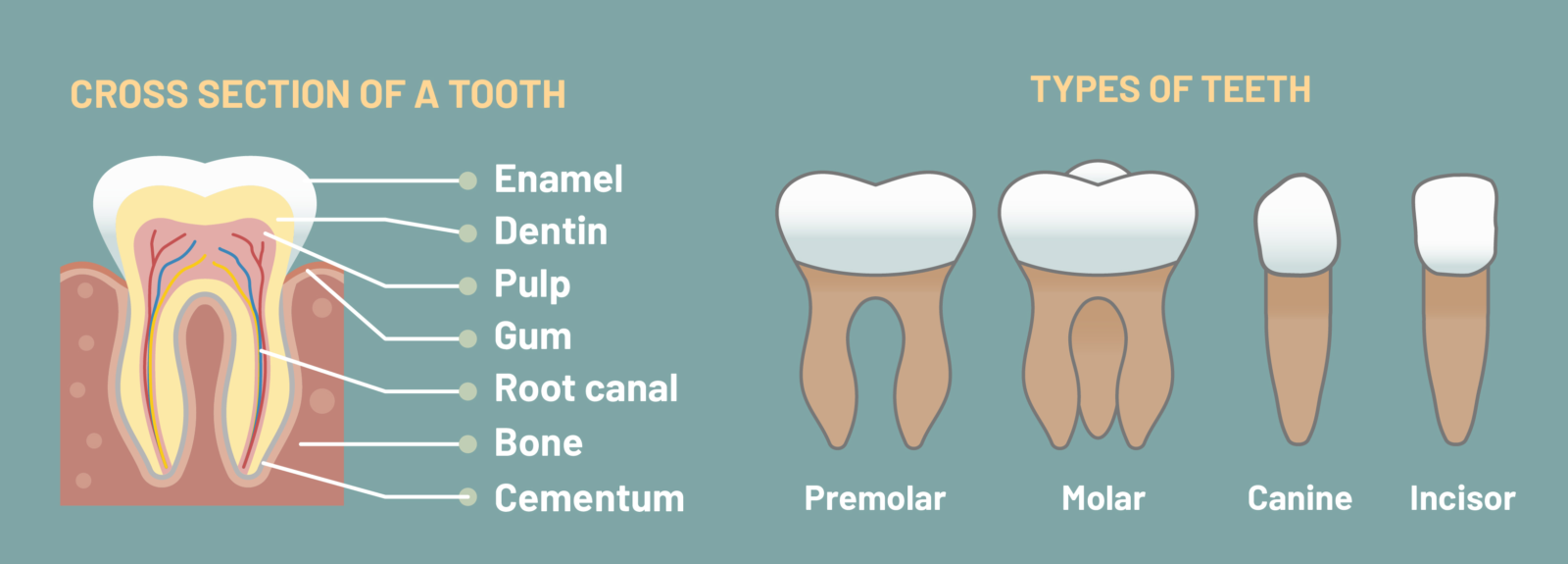When you visit Tandara Dental Centre, we might suggest taking a dental x-ray, but what is this treatment, is it safe, and why do you need it? Dental x-rays are very commonly used in dentistry and can be an invaluable diagnostic tool.
What is a Dental X-Ray?
A dental x-ray or radiograph is like an ordinary x-ray, although it will only show your teeth and possibly your jaws. A dental radiograph captures images showing the inner portion of a tooth, the jawbone, and other structures normally hidden from the naked eye. Traditionally, radiographs were images taken using film and developed in the dental practice before they could be viewed, a process that took a while to complete. However, technology has improved significantly since then, and these days we use digital dental x-rays that are viewable nearly immediately and don’t need to be developed.
Why Would I Need a Dental X-Ray?
On your first visit to Tandara Dental Centre, we will most likely need to take a complete set of dental x-rays during your comprehensive dental exam. The images are invaluable in providing us with a much clearer picture of your dental health, so we can then provide you with the most appropriate treatment and devise a suitable preventive dental care plan.
Regular Dental X-Rays During Checkups
When you visit us regularly for checkups, we will need to take dental x-rays periodically. The frequency will depend on your dental health. If you have reasonable oral health, we will only need to take x-rays every two years or so. However, people with ongoing oral health issues might need x-rays more often so we can monitor their teeth, gums and jaw more closely. For example, more frequent dental x-rays might be needed for anyone with periodontal disease (gum disease). They can also be useful for people with other conditions such as dry mouth that could increase the risk of dental problems or health problems that affect oral health such as diabetes.
Diagnosing Dental Problems and Planning Treatments
If you visit us because of a dental emergency, an x-ray can allow us to diagnose a problem quickly, so we can provide suitable treatment to relieve any discomfort or pain. In addition, we can use these images to detect signs of decay or jawbone loss and to detect more serious infections such as an abscess in or around a tooth root.
Other times, we need to take x-rays in preparation for dental treatment such as braces or dentures. Dental x-rays are especially important when planning treatments like dental implants. They enable a dentist to pinpoint the best location for a dental implant, ensuring placement is quicker and smoother and that treatment provides an optimal outcome.
What are the Benefits of Having Dental X-Rays?
The sooner we can detect any problem, the more promptly we can provide suitable treatment, hopefully before you experience any discomfort or pain. When we can provide treatment more quickly, it can often mean it is cheaper and quicker to perform and is less invasive.
Because digital dental x-rays are viewable almost instantly, we can display these images on the screens in our treatment rooms. Then, we can show you the problem more clearly and explain how it could be treated. If necessary, we can soon email a digital x-ray to a dental specialist if a second opinion is needed.
Are There Any Risks in Having Dental X-Rays?
Dental x-rays emit radiation, but modern x-rays only emit extremely low levels, so they are considered very safe for use. We also take every precaution to protect our patients while taking x-rays, using a lead apron and thyroid collar when appropriate, protecting vital organs from exposure.
What are the Different Types of Dental X-Rays?
There are several types of dentist x-rays, and these include intraoral x-rays taken inside the mouth, and extraoral x-rays taken outside the mouth and are used to detect problems affecting your jaw and skull.
Frequently used intraoral X-Rays include:
Bitewing X-Rays
A bitewing x-ray shows a tooth in great detail, right from its crown (the part exposed in the mouth) down to the jawbone around the tooth. It is used to detect cavities between teeth and any changes to the bone around a tooth caused by gum disease. A bitewing x-ray can also show our dentist if a crown or bridge or dental filling is fitted correctly and make sure these restorations are not leaking.
Periapical X-Ray
This x-ray shows the entire tooth right from the crown down to the tooth root and beyond. It can be useful in detecting infection or any damage to a tooth root or the bone surrounding the tooth.
Occlusal X-Ray
An occlusal x-ray is used to check the development of all your teeth in the upper or lower arch.
Extraoral x-rays can include:
Panoramic X-Rays
A panoramic x-ray shows your entire set of teeth in both jaws in a single image. These x-rays are useful in detecting impacted wisdom teeth and the location of teeth yet to erupt.
Cone-Beam CT Scan
Whereas traditional x-rays show a 2-D image of your teeth, a cone beam CT scan produces high-quality 3-D images of your teeth and jaws, as well as the soft tissues of your mouth, such as your gums and nerves. As a result, it is invaluable if you require dental implants, allowing our dentists to plan and place them accurately. In addition, a cone beam CT scan can help diagnose problems such as tumours or cysts.
How Much Does a Dental X-Ray Cost?
A dental x-ray cost depends on the type of image required. Small, routine dental x-rays such as bitewing and periapical x-rays are very affordable, and the cost is most likely fully or partly covered by dental insurance. A panoramic x-ray will cost a little more but is generally required less frequently and is still not very expensive. A cone-beam CT scan is more expensive as it provides a much more detailed 3-D image of hard and soft tissues in your mouth. However, this type of scan is required very infrequently, and some people may never need a cone beam CT scan.
Have you been searching for a dental x-ray near me? Look no further. Tandara Dental Centre is equipped with up-to-date x-ray technology, and we will only ever suggest an x-ray when needed and when it will benefit your dental health and smile.










